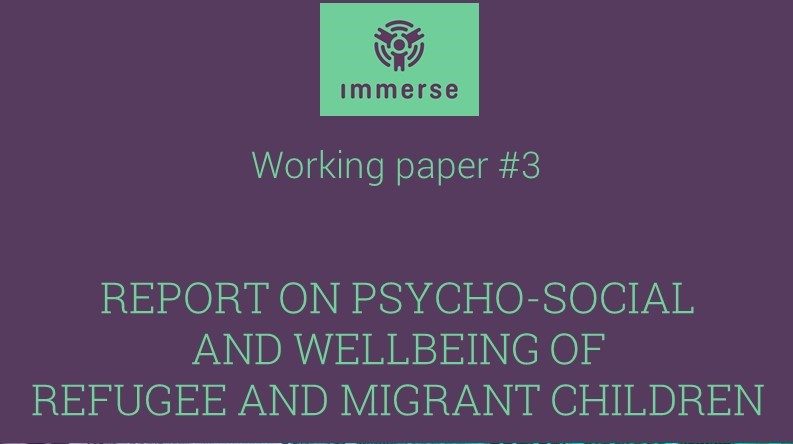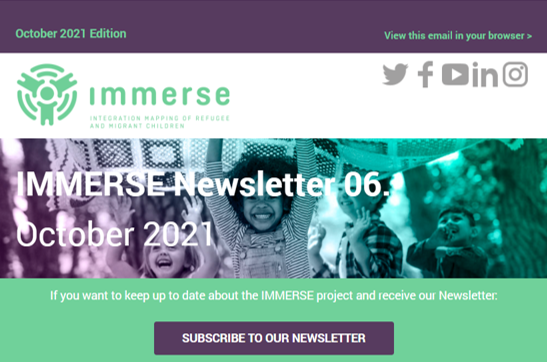Description
This paper provides an in-depth historical analysis of migration in Belgium, data on migration flows (as of 2019), and details migrants’ many contributions to their host and home countries. It also emphasises obstacles to these contributions, such as lack of safe and legal pathways, infringement of basic needs, access to labour markets, access to nationality, public opinion and political discourse. It offers an understanding of past and present migration policies and their role in guiding migrants towards a fruitful future. Contradictory and inadequate policies are described and explained, with proposed modifications when relevant.
- Access to compulsory education
- Children complete compulsory education
- Children remain in (formal) education beyond compulsory levels / Access to (formal) non-compulsory education
- Children's academic skills
- Children's legal status
- Children's life satisfaction / happiness
- Children's sense of belonging
- Friends and peers (bridges)
- Friends and peers (support)
- Institutions
- Teachers
- Types & levels of (formal) non-compulsory education attended



